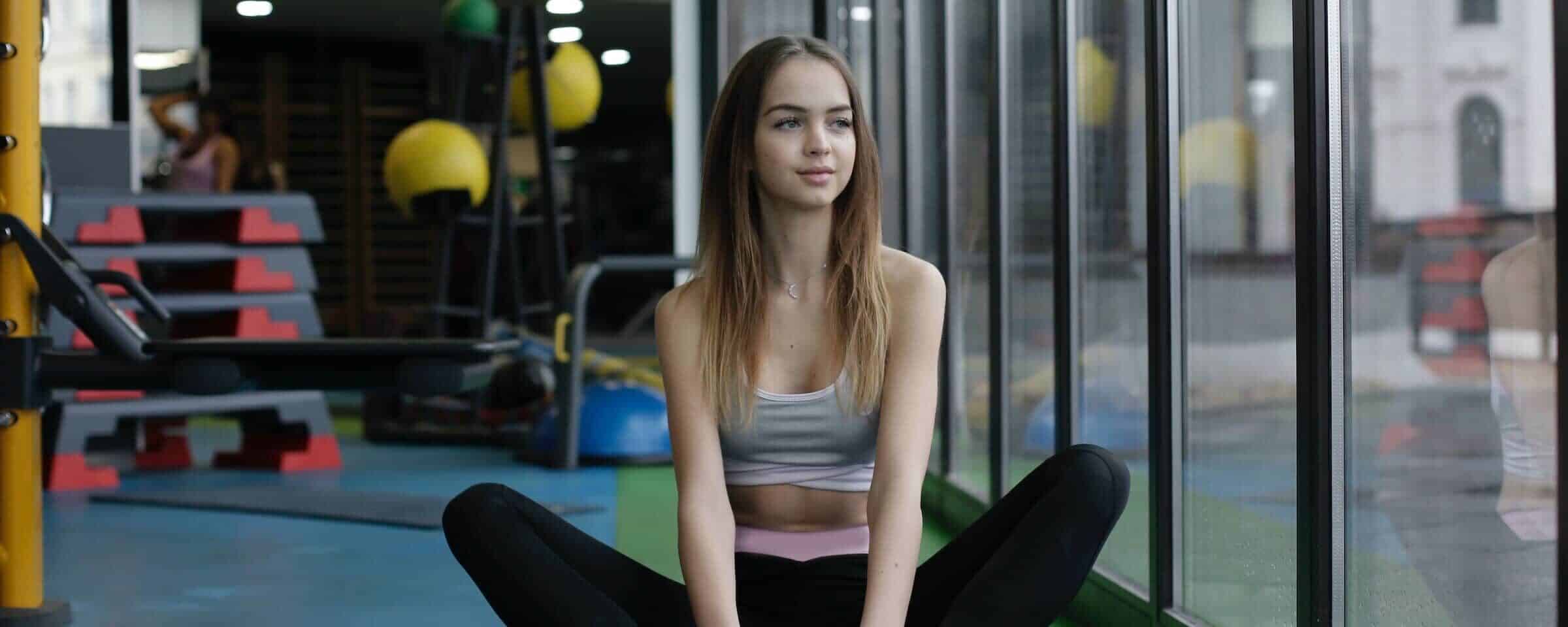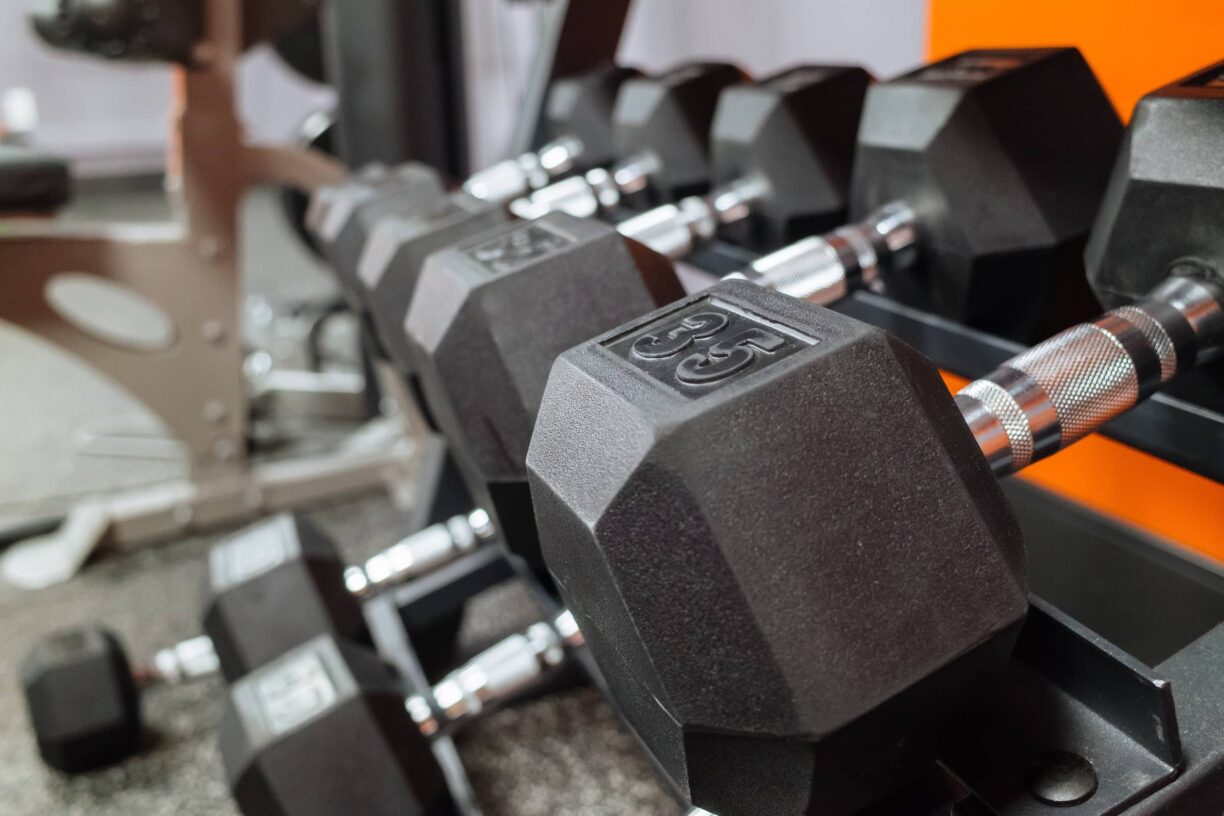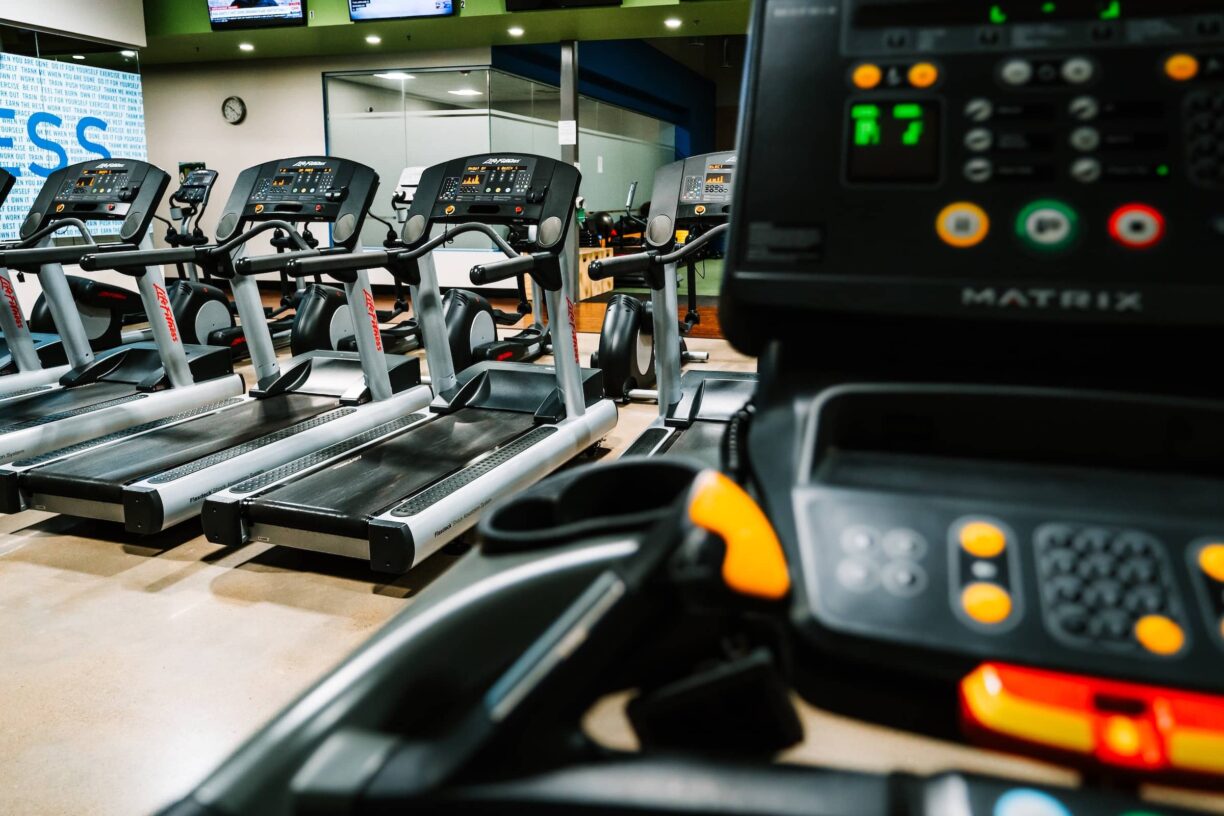Meditation can be an incredibly impactful way to improve your recovery time, reduce stress, and even help you get stronger and build more muscle in the gym.
Fitness expert Alex Polish from BarBend has revealed a guide to the benefits and practice of meditation for gym-goers.
What are the benefits of meditation for gym-goers?
Increase strength and muscle mass
Studies have shown that meditation can help you sleep better and better sleep leads to better training. Research has demonstrated that you can recover faster, train harder, and ultimately make faster, more quality progress in the gym when you sleep better.
Improved breathing
Breathwork is the underrated key to any excellent set. If sitting still and counting slow breaths is not a style of meditation that works for you, meditating can still help you get in tune with your breath by increasing your focus on breathing into your belly rather than taking shallow breaths in your chest – which is excellent for learning to brace well for heavy lifts.
Reduce stress
Life stressors can take a significant toll on you in the gym and the more stressed you are, the harder it will be for the positive stressors you produce while lifting weights to have the desired impact on your body.
Research suggests that the more stressed you are in general, the harder it is to get stronger in the gym.
However, studies also show that meditation can significantly reduce stress levels. This can help ease mental health struggles and help improve your strength training game by bolstering your recovery from heavy training.
Cultivate a beginner’s mindset
In addition to just following the latest popular lifting trends, strength athletes can benefit tremendously from being open to different training techniques and scientific advances in the field.
Being open to change and new information — cultivating a beginner’s mindset — can help ensure you maximise your time and energy in the gym.
If serious about your training, you must accept that you do not know everything. Starting a meditation practice can help you feel safer saying “I don’t know” and “I’d like to learn more about that.”
That open-mindedness to learning in the gym can be a huge asset to ensuring you are always at the top of your game.
Improve resiliency
A healthy dose of self-doubt is a great asset for mentally tough lifters, but to bolster your resilience on the platform confidence also plays a key role.
Meditation can train you to tune out the self-doubt in your head and soothe your inner bullies. It can also help you learn to quiet everything around you to focus on nothing but the lift you are about to perform.
What are some example meditations for in the gym?
Square breaths
Square breathing is a great strategy for soothing your brain and body. Research suggests that this type of controlled breathing can increase your emotional control and social well-being.
Performing square breathing is reasonably accessible because its name makes it easy to remember what to do: breathe in a square shape.
For example: inhale for four counts; hold for four counts; exhale for four counts; and hold for four counts. Then repeat to do as many rounds as you desire.
Even starting with one or two rounds will take less than a minute and can help acclimate you to the world of meditation.
Meditation before a max lift
When preparing for a max lift, you need to strike a tricky balance — stay pumped up enough to move big weight but calm enough to maintain focus and form.
To accomplish this, try taking a big belly breath. Then, forcibly exhale by pressing all that air out of your belly with your mouth closed.
Keeping your mouth closed will help keep your focus regulated and keep the energy you need for your lift circulating in your body.
Try this type of breathing for at least two or three breaths if you are new to meditation and up the ‘rep count’ of breaths when you are more experienced or comfortable.
Meditation between sets
Between your sets, try sitting or standing while closing your eyes and stare at a fixed point on the ground.
Then, take at least three or four big belly breaths and release them slowly through your nose.
This strategy for meditating can be beneficial when performing sets that leave you particularly winded.





